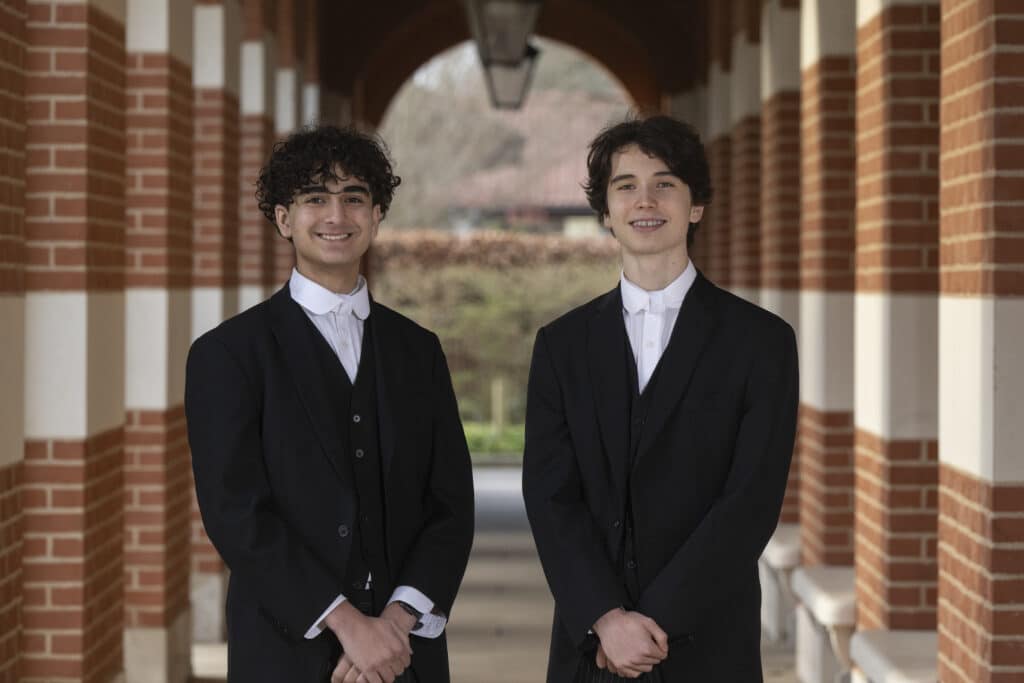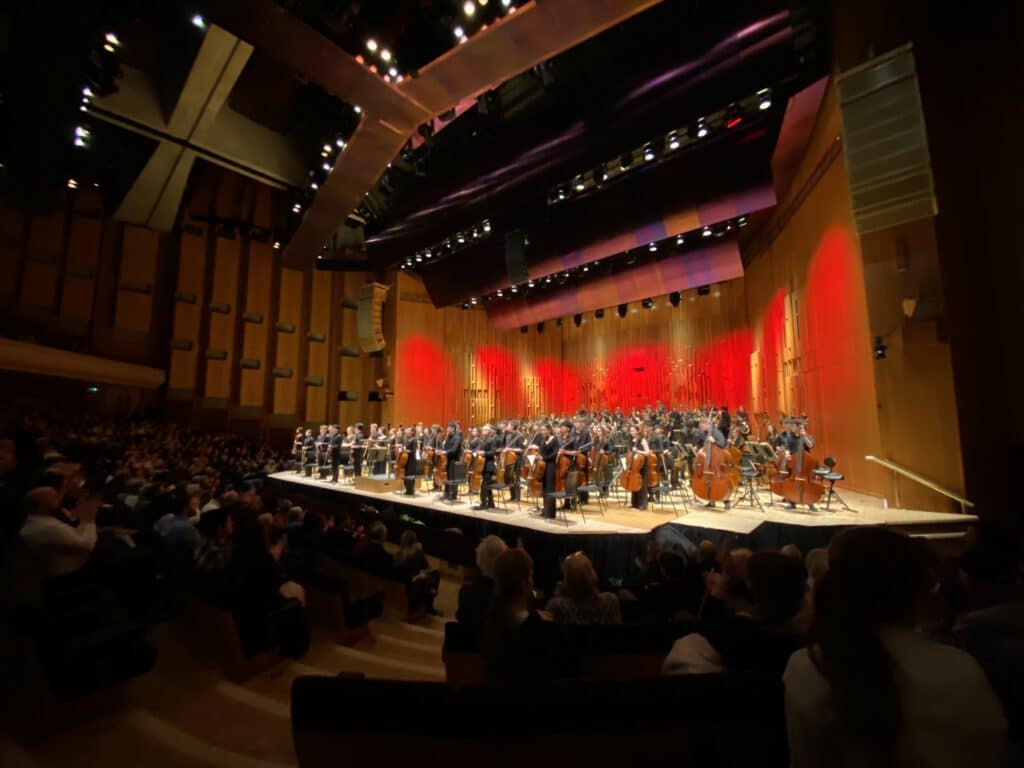Two teams of boys from Eton College have been selected amongst the ten teams of finalists for this year’s Earth Prize.
Started by The Earth Foundation, this is the world’s largest environmental competition for teenagers, attracting nearly 10,000 pupils from over 2,000 schools in 151 countries and territories.
Teams Pebble and Mycoflo from Eton College both pitched environmental projects that caught the attention of the Earth Prize adjudicating panel. Eton is the only school in the world with two groups in this year’s final, and the only school in the UK remaining in the competition.
Pauline Herbommez, Co-Director of Environmental Education at Eton College said: “For years, we have been incredibly inspired by the energy and positivity poured into this prize. Although I wish them to be rewarded for such commitment, I want them to remember that the Earth Prize is not the end, it is only the start. They believe in the positive impact their idea can have on the world, so I hope they find the resilience to see it to completion. Prizes or not.”
Team Pebble, whose youngest member is 14 years old, has pioneered a platform that pools computer power to reduce overall consumption. The team hopes to tackle the environmental impact of over 120 million idle consumer graphics cards by creating a platform that combines them into a network. Their proposal would allow contributors to rent out their computers to optimise resource usage, reduce carbon usage and rare earth metal consumption. Ultimately, this could save 8.76 billion kWh annually.
Orlando White and Koza Kurumlu, of Team Pebble, said: “When we use and train AI models, our only option is to rent out GPUs from big tech cloud providers, knowing the incredible environmental pollution it generates for lack of an alternative option. Therefore, our project provides an environmentally friendly option for renting GPUs, aiming to cut the impact of these large centres, especially in the age of a large AI revolution, where this issue will exponentially worsen.
“We are doing this by connecting underutilized computers to a wider network, putting into use the valuable physical devices that have a large carbon output in the manufacturing process and contain rare earth elements. Further, we are putting into use any idle power when the computer is not in use.”

Team Mycoflo has proposed a pioneering method filtering water using fungi to tackle the severe water pollution that endangers the health of communities in the Niger Delta. Their solution, called Mycofiltration, uses fungi through MycoSacks and an AI-equipped automated robot, MycoBot, to efficiently and affordably filter water. With around a 60% concentration reduction observed in testing, Mycofiltration presents a promising avenue for providing cleaner water and healthier communities in the Niger Delta.
Michael Wu, of Team Mycoflo, said: “We are honoured to have been selected as one of 10 finalists for the Earth Prize. Our innovative solution integrates the filtration properties of mycelial technology with machine learning to diagnose and cure areas with high levels of water contamination.”
The winning team will be announced on Earth Day, 22 April 2024, after which they will be supported in implementing their environmental project. They will be awarded a $50,000 prize from the Earth Foundation. 50% of this prize will be awarded to the team’s school to be used in a project focusing on environmental sustainability, and 50% as an educational scholarship grant to be split evenly amongst the team members to deliver their project.



